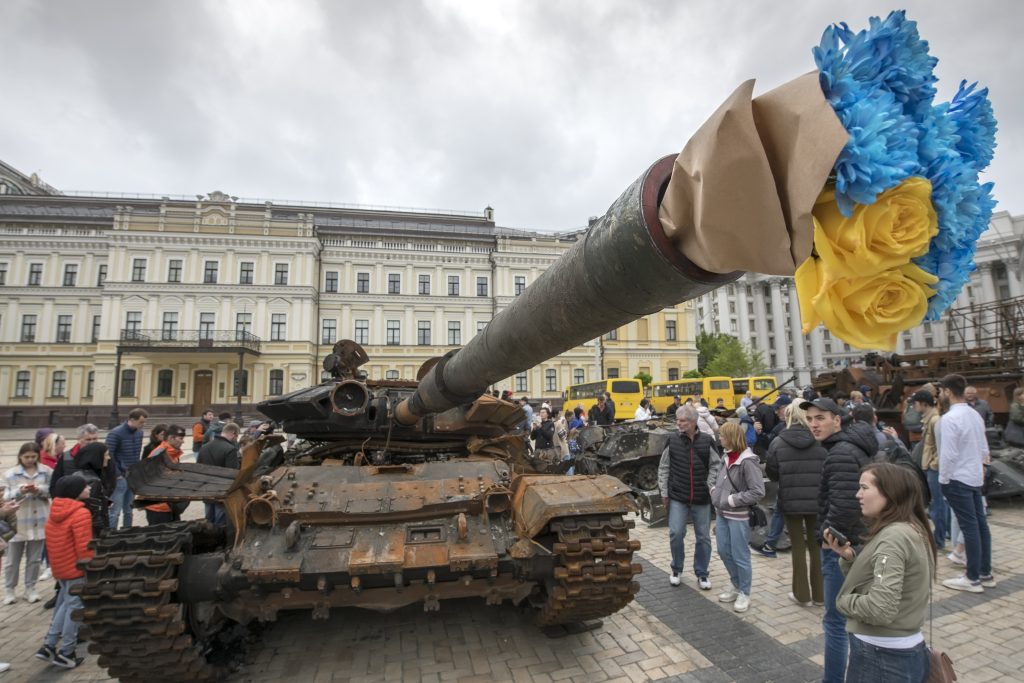
Editorial To Vima: When the war ends
The prevalent, pessimistic scenarios project that the energy and inflation crises will get worse, that the Russo-Ukrainian war will be protracted, and that Putin is prepared and ready to use nuclear weapons.
Spotlight
The prevalent and essentially pessimistic scenarios regarding international politics project that the energy and inflation crises will get worse, that the Russo-Ukrainian war will be protracted, that Putin is prepared and ready to use nuclear weapons, and that the planet will be in a state of upset and plunge into geopolitical and other, multifarious crises.
These scenarios, by extension, see Greece as being additionally rocked by the hysterical aggressiveness of Turkish President Recep Tayyip Erdogan.
However, there are other, less popular, readings of international political realities that point to entirely different and far more optimistic prospects.
According to these readings, despite much talk to the contrary, we are at the threshold of a dynamic development in international politics, that derives not from an apparent, but in fact an already accomplished, defeat of the Russian Army in the fields of Ukraine.
The common conviction in Western political and military circles is that the myth of Russia having second strongest military in the world has literally collapsed.
The Russian armed forces have lost, within a span of seven months, tens of thousands of troops and hundreds of high-level military officers.
The Russian Air Force was not able to act.
The Russian Navy in the Black Sea proved unable to carry out effective operations, and armoured vehicles became easy targets for the flexible Ukrainian forces.
Over 1,000 Russian tank have been lost, and many of them have been taken by the forces of Ukrainian President Volodymyr Zelensky.
It was demonstrated that Russian supply chains did not work, and so Russian soldiers ran out of food and arms and were unable to withstand the Ukrainian counter-attack.
After all that, the morale of the Russian military hit rock bottom, and Putin’s desperate recruitment turned out to be a farce, unable to cover the great losses and the even greater needs for continuing to prosecute the war.
It is highly indicative that Moscow’s military leadership is being disputed directly and is now being replaced by well-known Chechen paramilitary figures, such as leader Ramzan Kadyrov and the head of Russia’s Wagner mercenary group.
According to this reading of events, the prospect of nuclear war, with which Putin is threatening his opponents, does not appear likely.
Moscow has received the signals about the repercussions it will face and they are a sufficient deterrent.
With Russia’s war against Ukraine, conventional warfare has been judged, even before the West got involved with the field of battle.
The West simply armed the Ukrainian Army, and indeed with short-range weapons. The missiles were technologically advanced and they were targeting old tanks and armoured vehicles, and the Ukrainians were confronting an army with military techniques and tactics reminiscent of 1945, rather than 2022.
Given all of the above factors, the end of the war will not be played out at the Russo-Ukrainian borders, but rather in Moscow.
It seems that not only has the solution has been moved to Moscow, but it also appears that it will take on the character of an internal purge.
Military and political centres of the West firmly believe that we shall see unique developments that will redefine global balances and completely transform geopolitics.
The economic repercussions of the change will be enormous, far exceeding the gravity of current scenarios.
The looming prospect of recession will be short term, as its start will coincide with the end of the war and the restoration of normal energy flows.
Meanwhile, the issue of geopolitical security will be predominant.
The West will become more conservative in dealing with third countries, will demand greater control of supply chains, and will revise its position toward authoritarian leaders and contentious countries.
Athens is informed and is anxiously monitoring developments, because if the aforementioned evaluations and projections are confirmed, that will permit control of Turkey’s aggressiveness.
The Greek government believes that Turkey is acting with a sort of time-delay, and is continuing to operate under the influence of Putin’s failed plan.
The question being raised is in what manner Erdogan will back off once he realises that the end of revisionist policies has come.
In Prague, at the European Political Community summit, he received many messages.
The Europe represented at Prague is dynamically moving in other directions, and Erdogan does not fit in with the new geopolitical security doctrine that will emerge in the coming months, unless he swiftly adopts the Eastern adage of his Islamist predecessor, the late PM Necmettin Erbakan, which says that in politics 24 hours is a long time.
Ακολουθήστε το in.gr στο Google News και μάθετε πρώτοι όλες τις ειδήσεις

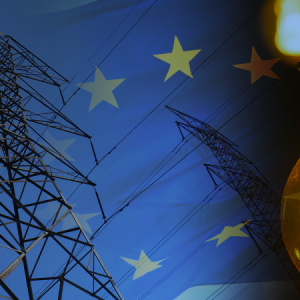


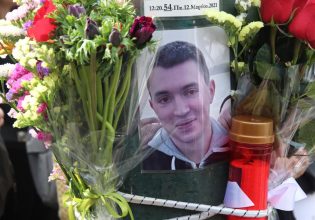
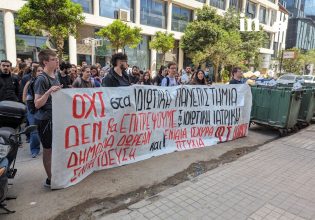

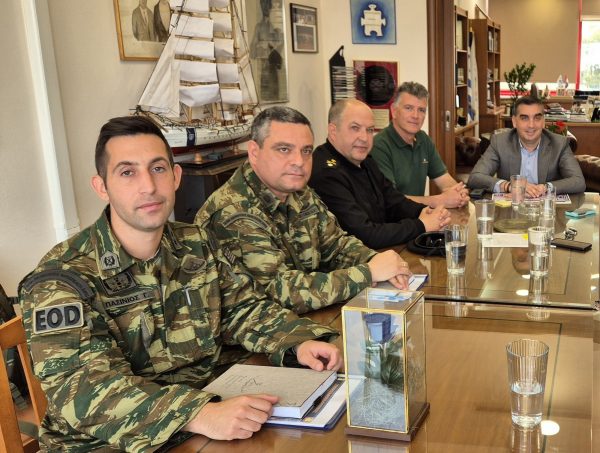


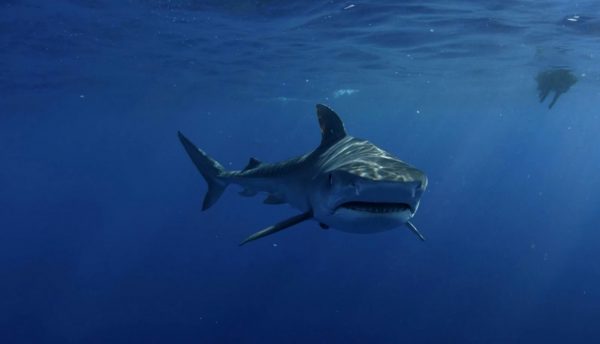
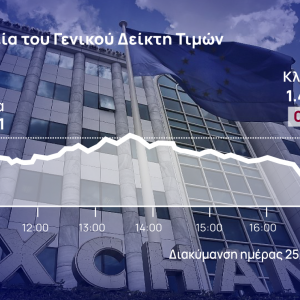



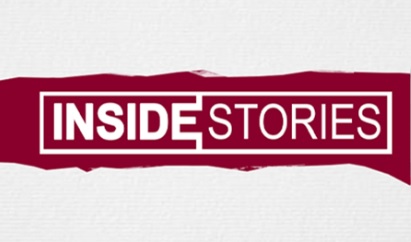

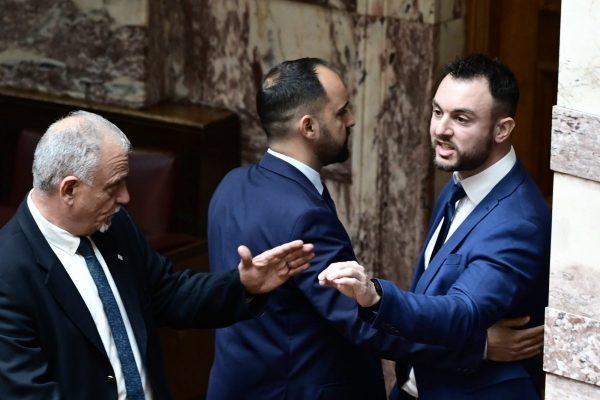







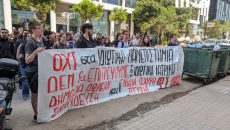








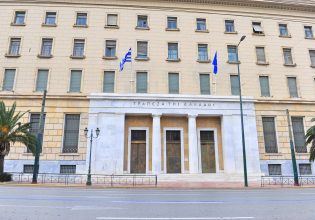
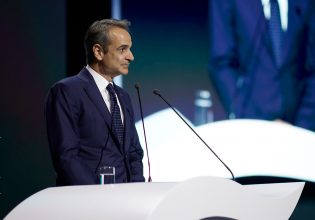


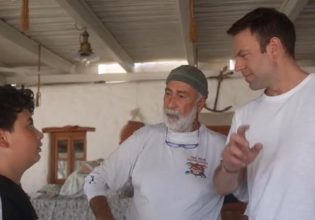

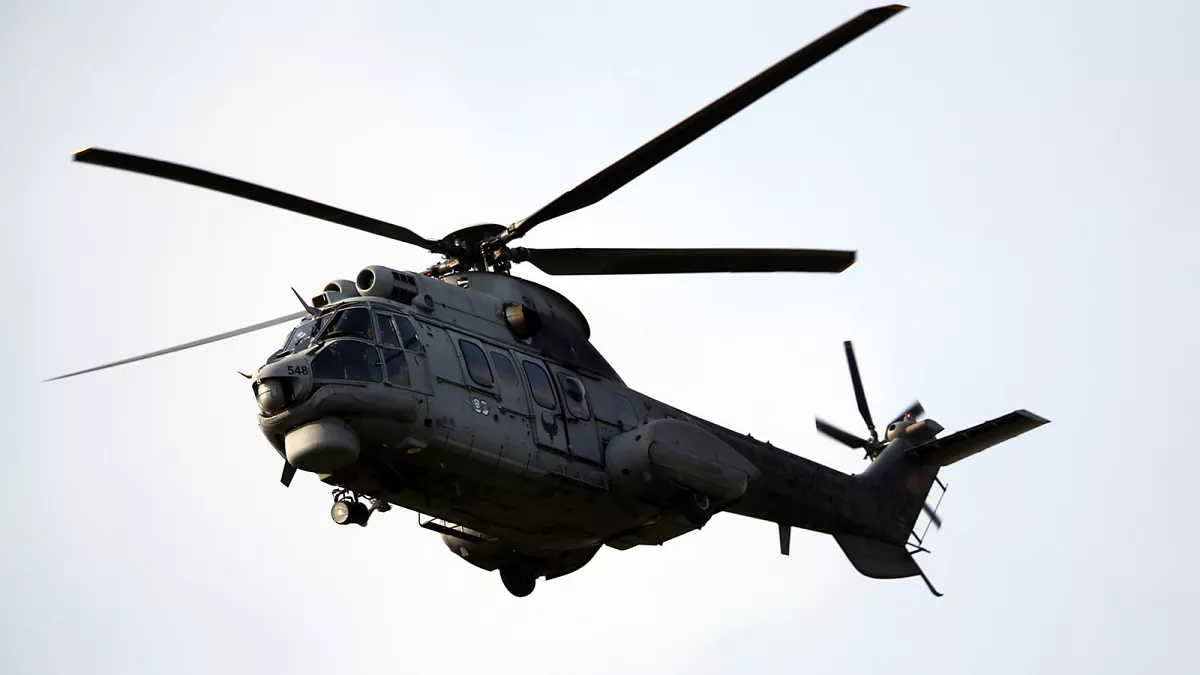


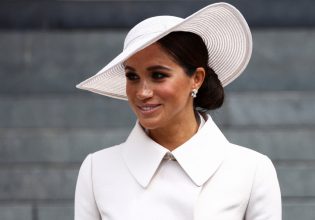
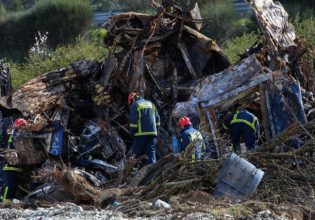
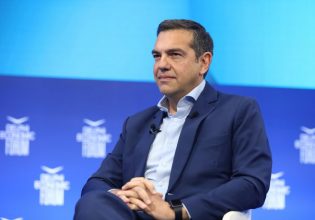
 Αριθμός Πιστοποίησης Μ.Η.Τ.232442
Αριθμός Πιστοποίησης Μ.Η.Τ.232442